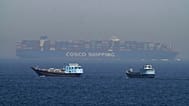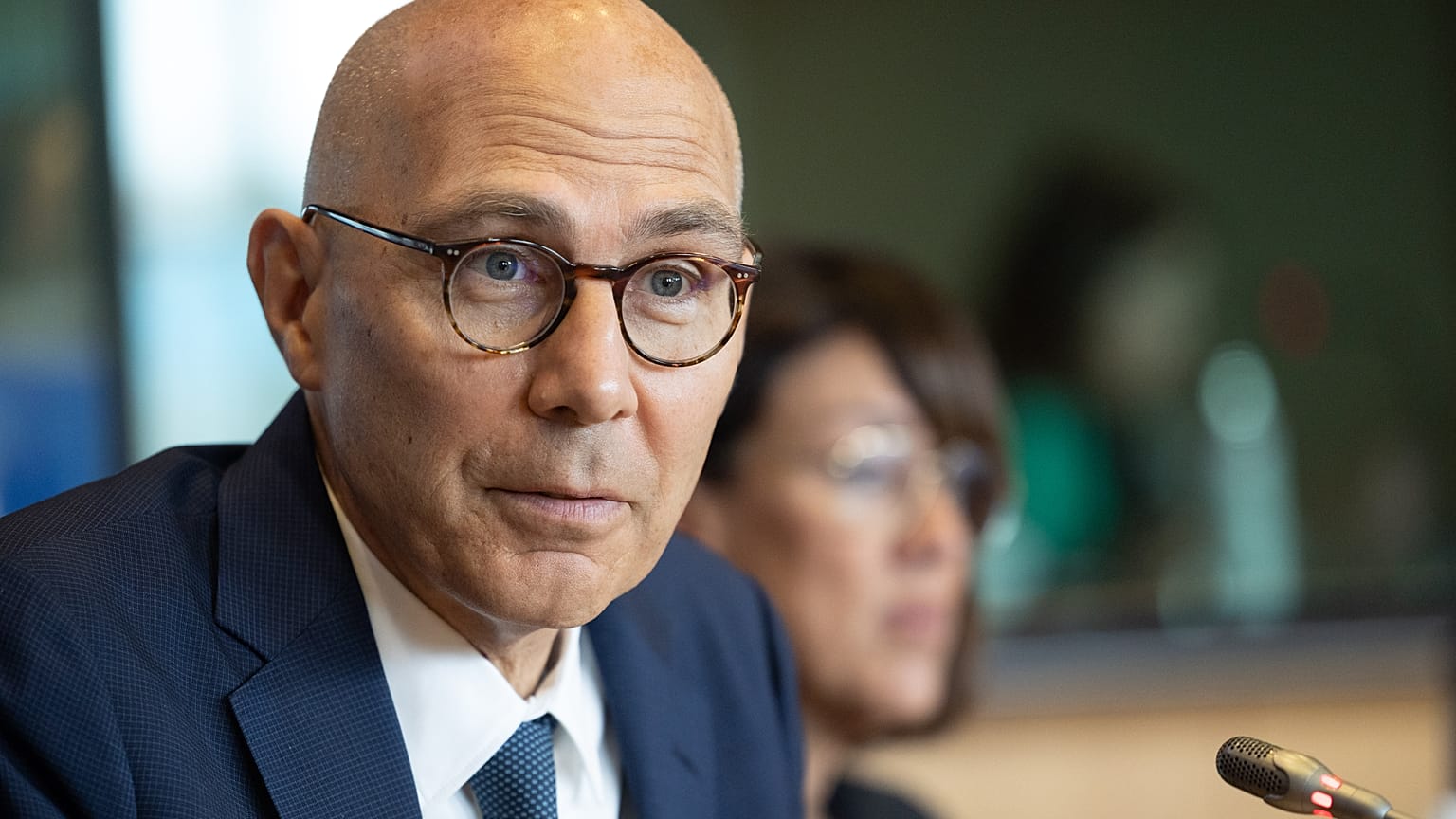Volker Türk has been in his position since October 2022.
An increase in support for populist political parties and anti-freedom or rights movements throughout the world is having the most impact on refugees, women and the LGBTIQ community, according to the United Nations' top human rights officials.
In an interview with Euronews, UN High Commissioner for Human Rights, Volker Türk, said that he is worried about the rise of populism and that the trend is concerning.
"We need to fight against bigotry and populism because all of it is ultimately about who we are embracing, human diversity and the richness of who we are, accepting who we are, no matter who we love and how we want to engage in our lives," Türk said.
"I think we need to respect this. This was the biggest promise from the Universal Declaration of Human Rights and we need to educate all those who want to push us back into an era that is long gone bye."
Commenting on the UK's recently passed controversial migration bill which has been labelled as "inhumane" by civil rights groups, Türk said that it is at odds with international law.
"Well, it's clear that the UK illegal migration bill is in violation of both international refugee law as well as international human rights law," he told Euronews.
"Article 14 of the Universal Declaration of Human Rights talks about the right to seek and enjoy asylum from persecution. So, you have a right to seek any choice outcome from persecution, but if that law bars that right, it is a tragedy."
Türk also spoke about the EU's recently signed deal with Tunisia - a country criticised for human rights violations - which will see the northern African country receive funds in return for managing migration flows.
"We need to understand why people are moving. They are moving because of human rights violations in their own countries.
"Sometimes they end up in horrible situations in Libya, for example, or in Tunisia, where they are pushed back or where it's very, very difficult for them to survive.
"So, the big thing and the big ask is can we not find alternatives to these horribly dangerous routes that migrants and asylum seekers often have to take?















